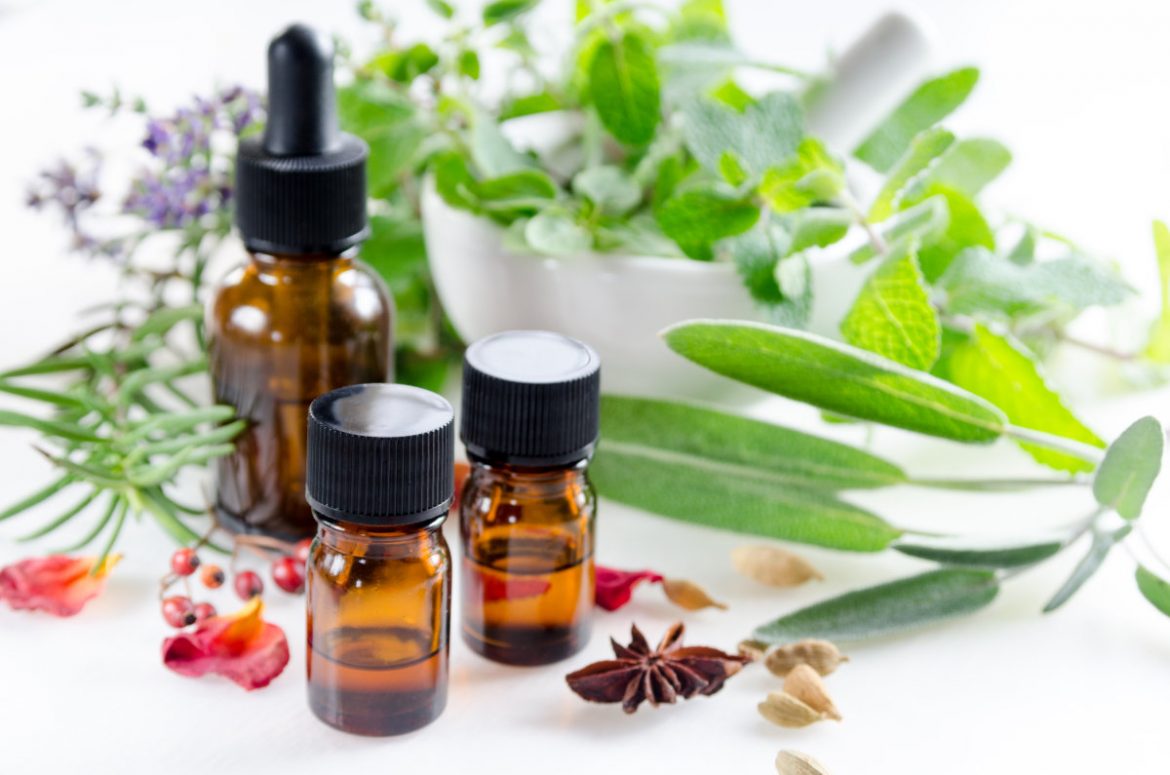It might be fall, but floral extracts are blossoming—according to a recent report, global sales are expected to grow 4.5% year-over-year, reaching $2.3 billion in 2019.
The report, from Future Market Insights, cites shifting consumer preferences towards natural ingredients in cosmetic and personal care products as the major growth driver. Increased consciousness about health and wellness—especially among millennials—are making “green beauty,” “clean beauty” and “natural beauty” some of the buzziest words in the biz. Here’s what you need to know:
- Floral essential oils continue to be the star of the show—with a revenue share of 65% in 2018—manufacturers are increasingly turning their focus to the production of absolutes, capitalizing on growing demand for premium fragrances and perfumes. Floral concentrates will continue to represent a relatively low share when compared to the two types of floral extracts, however.
- The uses of floral extracts are diverse, ranging from medicinal to colorant, increasing their application potential in the industry. The study anticipates the sales of natural floral extracts to increase ~5% year-over-year in 2019, with rapid adoption of organic variants likely resulting in an increase in market share.
- The floral extract market will be fueled by increased awareness about health and skin care products and the rising acceptance of organically-sourced products
- Europe and North America will hold prominent market shares in terms of value, but East Asia is primed for growth over the 2019-2029 forecast period thanks to a growing interest in personal grooming and increased disposable income
- Key market players are directing their R&D investments towards extraction techniques; while distillation and solvent extraction methods are widely adopted for various flowers, manufacturers are targeting supercritical fluid extraction methods that reduce energy consumption and eliminate residual solvent in the resulting extracts
- Floral extracts have a lot of potential in fragrances, accounting for ~42% in 2018. The rise of vegan perfumes, along with the strong desire for cruelty-free, will contribute to overall sales, and manufacturers are increasingly looking into the capabilities of floral extracts as colorants and fragrance enhancers in skin care and toiletries.
- Sensing an increase in direct sourcing of floral extracts to avoid intermediates in the supply chain, manufacturers are focusing on deepening their collaboration with cosmetic producers. Additionally, leading players in the floral extract market are aiming to introduce their own product line of cosmetics and personal care.

